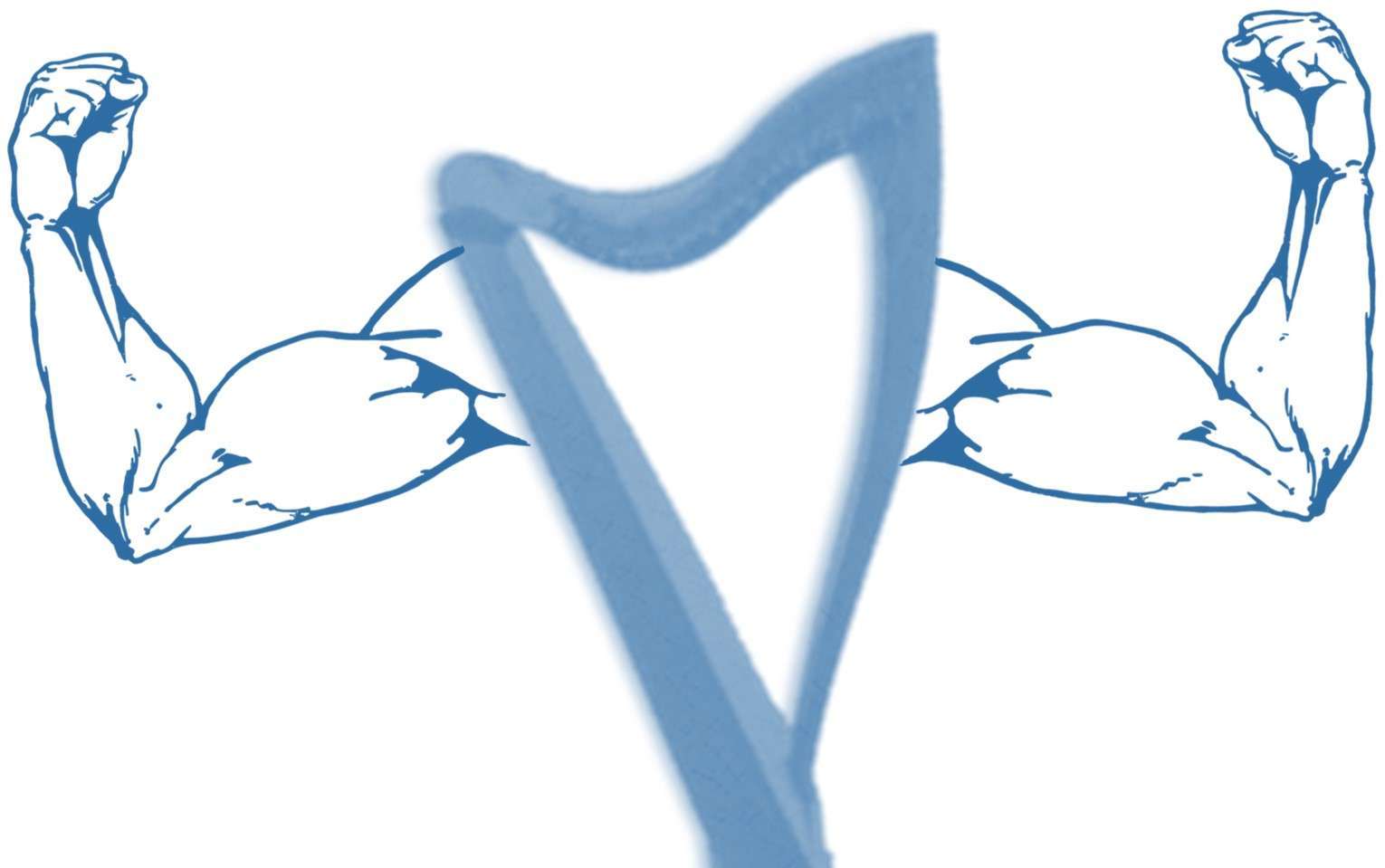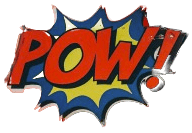Do the thing that scares you
What scares you? Ok, let’s scale it back to what scares you about playing. You don’t have to say it out loud (unless you want to), but definitely say it in your head.
DO THAT!
I’m most scared of doing something wrong. Not so much when I’m by myself (ok, yes, but…) more when I’m playing with other people. Because the options of doing something wrong are very uncomfortable –

I’ll sound really bad (not fun)
We (as a group) will sound really bad (embarrassing and not fun)
I will be blamed for sounding bad – not just this time but every time after that (continuingly embarrassing and not fun)
(and the perceived outcome – no one will ever want me to play with them again)
DO THE THING
I had the wonderfully terrifying opportunity to join in on a final tune in a recent show. The bass player and the guitarist both told me that it was easy, just follow along. That there was only one chord. That I just had to hit that chord on the 1 and all would be well.
So, I did the normal thing – I said yes (!)
And then I panicked! (the much more normal thing for me)
It’s never that easy. I’m not good at following – especially a tune I have only heard a couple of times before (and frankly, I wasn’t really listening then)
Then they told me the key – Bb min (yup, that would be five flats – not easy on a lever harp tuned to 3 flats.
I might have hyperventilated a little bit just then.
But I dared to hope.
I looked up Bb min (thank you Maestro Google). And verified that the 1-5-8 chord would be playable (Bb – F – Bb) and that the V chord would be playable (F – C – F). And my hope grew infinitesimally.
But I would have to stay off the IV chord! And I’d definitely have to stay off the iii!
That didn’t completely calm me though – because I’m not good at catching the change (and I don’t practice it enough).
So, I looked up a chord sheet for the tune. The bass player didn’t lie – it really did only have one chord! (ok, there was one place where there was a change to the V, but only one and if I missed it, it would be over quickly).
I felt an eerie calm come over me at that point.
And then an icy chill – because the bass player and the guitar player had had a rehearsal. They knew what they were doing while I was going to have to wing it on stage in a performance.
Do you know what happened? Want to guess?
If you guessed that – no, I backed off and gave it a miss, come on – have a little faith!
If you guessed that – yes, I did it – you win a cookie! I went on stage and played my single chord – up and down the harp – in time and actually on the (right) chord. I was shocked. Then I was delighted. Then I was a little more self-impressed than the feat deserved, but – celebrate the tiniest wins, right?!
So, the next time some terrifying opportunity arises, I’d like to encourage you to step up. Breathe and step into it! If it helps, remember that, while your heart hammers and your palms sweat, you will come out with a new accomplishment under your belt. And from there, you could go anywhere!
Want to share your secret dread (it could be someone else’s if you prefer – you know, asking for a friend)? I’d love to hear it (and feel just a little less alone!). Let me know in the comments!










